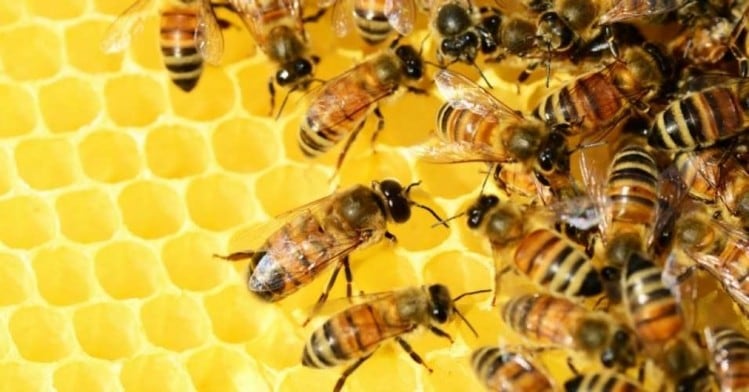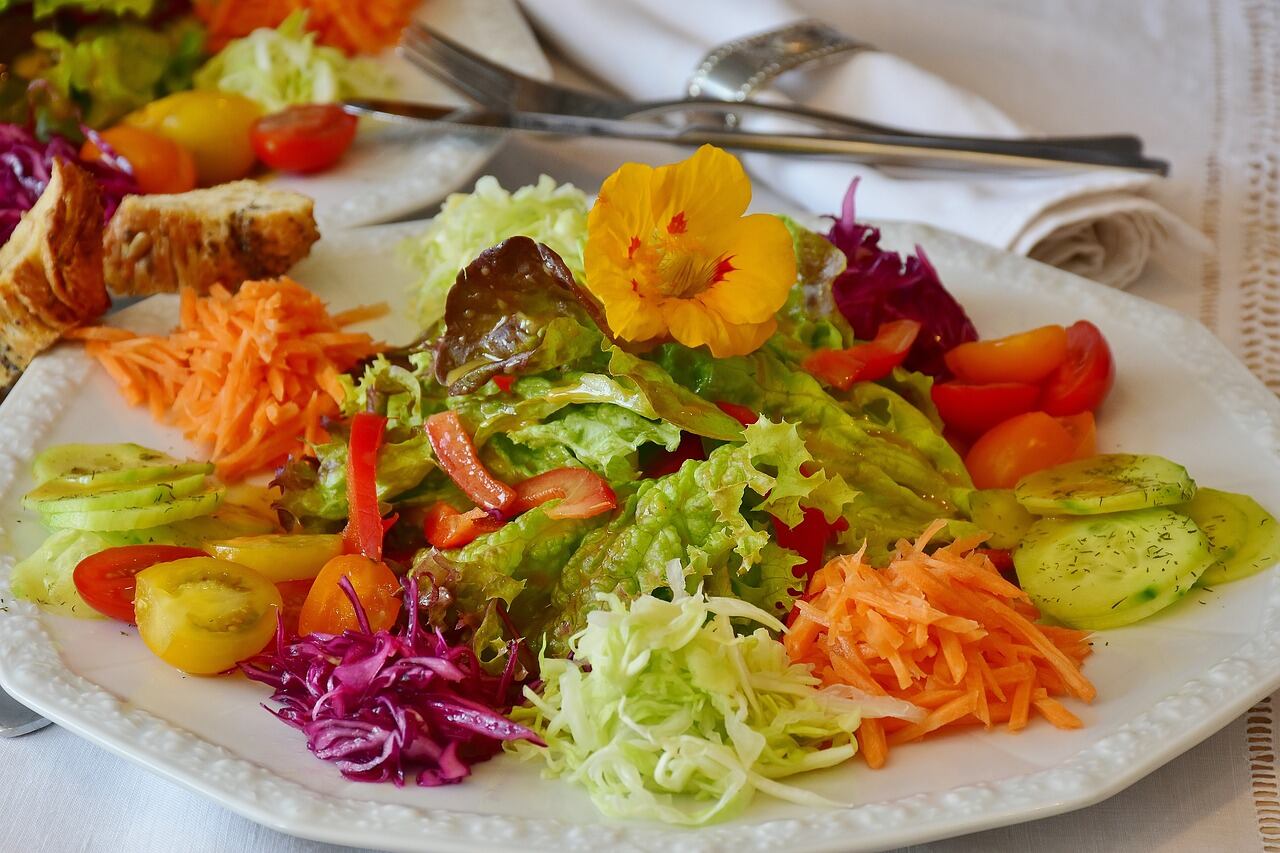Combating 'common' honey adulteration: Australian study finds new method to trace honey origins and authenticity
Australian researchers have discovered a way to differentiate honey according to its geographical origin, hence tracing where it came from to prevent common honey adulteration issues.
According to the study, honey is the world’s third most adulterated food. The most common methods of honey adulteration are to add cane sugar or corn syrup into it, or mislabel the honey’s country/location of origin.
The study aimed to tackle the latter issue, and encompassed 100 honey samples from 19 countries across Oceania, Asia, Europe, North America and Africa. Amongst these, New Zealand Manuka honey was mentioned as being particularly commonly subjected to adulteration.
“Manuka honey is New Zealand’s most iconic honey and commands a premium price due to its claimed health-related benefits,” said the authors.
“The annual production of Manuka honey in New Zealand is only 1,700 tons. However, it is estimated that as much as 10,000 tons of New Zealand Manuka honey is sold globally each year.”
Claims Coca-Cola shaped Chinese anti-obesity policies to its advantage via government ties: Studies
Two studies, published in the Journal of Public Health Policy and the BMJ, said that Coca-Cola’s links with Chinese health authorities, have caused China’s anti-obesity policies “to emphasise physical fitness over dietary restrictions, matching strategies advocated by Big Soda.”
Conducted by Susan Greenhalgh, a research professor at Harvard University, the study pinpointed that the International Life Sciences Institute (ILSI) – founded and funded by Coca-Cola, was a stepping stone that the soda giant used to shape anti-obesity policymaking in China.
Vertical farming is not the answer: New Zealand food security in jeopardy at current urbanisation levels
A New Zealand report has revealed that the country’s horticultural industry and food security could face increasing challenges if it intends to rely on vertical farming to replace crops lost to a lack of land post-urbanisation.
This is mainly because vertical farming requires high investment costs, particularly when it comes to paying for electricity to provide suitable artificial conditions for crop growth.
“Vertical farming [utilises] sophisticated greenhouse methods and technologies within a closed environment to maximise productivity,” said report author, Horticulture New Zealand Environmental Policy Advisor Rachel McClung.
“High productivity is achieved by fully controlling aspects of cultivation, such as lighting […], temperature, humidity, levels of nutrient, growing medium composition and air composition.
“[As such, the requirements here such as] to replace solar energy with electricity for artificial lighting and temperature control, combined with the high capital investment and operational cost, currently outweighs the benefits.
Gluten alert: 3% of Australian on-shelf gluten-free foods found to fail ‘no detectable gluten’ standards
An Australian study has found that 3% of food products claimed to be gluten-free and sold on the shelves of common retail outlets contained detectable levels of gluten.
The researchers identified 256 ‘gluten-free’ items that were most commonly purchased in Australia and were also obtainable from retail outets via a consumer activity database, The Nielsen Company Homescan Online.
Upon obtaining these items, these were homogenised and analysed for gluten presence. The limits set were 5 mg/kg (parts per million, ppm) for quantification and 1 ppm for detection. The relevant manufacturers were quickly informed if detectable gluten was identified.
“Seven samples (~3%) from six manufacturers contained detectable gluten at levels of up to 49 ppm,” said the report.
Mediterranean diet with added dairy shown to improve heart health in Australia
Tasty and healthy, the Mediterranean diet is acknowledged by many to be one of the more pleasant ways to stay in rude cardiovascular health. Now cheese-lovers are bound to rejoice after researchers in Australia discovered that adding dairy to the typically low-fat diet will “significantly” increase the health of people at risk of heart disease.
Moreover, the scientists at the University of South Australia believe that consuming a dairy-enhanced Mediterranean diet is even more effective than a low-fat diet alone.
Their study, published in the American Journal of Clinical Nutrition, compared the health benefits of a MedDiet supplemented with several servings of dairy each day, and a generic low-fat diet.





